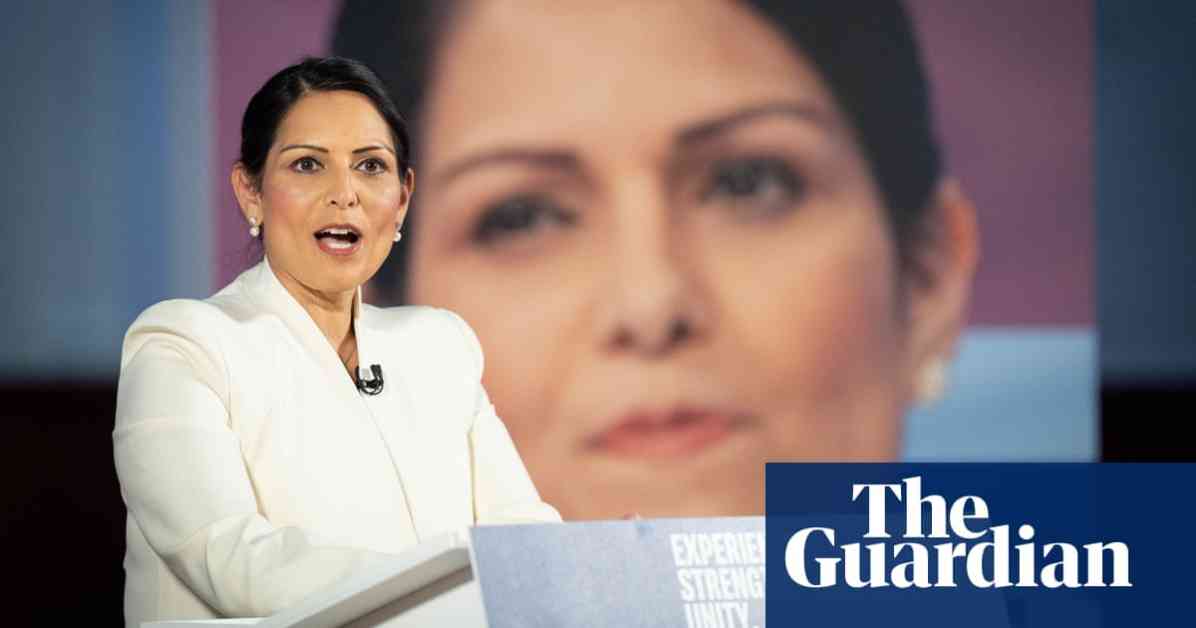Conservative politicians are facing a new challenge as they are being labeled as “weird” in the eyes of the public. Recent research suggests that even the party’s own voters are struggling to identify the Tory leadership candidates, raising concerns about their relatability and electability.
Identifying the Best Candidate
When asked who had the best chance of winning the next election for the Tories, the majority of respondents either admitted they did not know or expressed doubt that any of the candidates could secure a victory. James Cleverly emerged as the frontrunner, with 8% of respondents backing him, followed closely by Priti Patel.
A Shift in Voter Support
Multiple focus groups composed of former Tory voters revealed that many individuals who switched their vote in the last election are not inclined to return to the Conservative party anytime soon. These findings indicate a shift in voter support and highlight the challenges the Tories face in retaining their base.
Struggles with Relatability
The research conducted by More in Common pointed out that the Conservative party struggles with relatability, particularly in Liberal Democrat strongholds. By focusing on topics that excite their base or the highly politically engaged, the Tories risk alienating ordinary people and failing to connect with a broader audience.
Perception of ‘Weirdness’
In a similar vein to the criticism directed at Republicans in the US, the research suggests that the Conservatives may be perceived as “weird” by the public. This negative perception could further erode voter support and hinder the party’s chances in future elections.
Identifying the Candidates
The research also included polling of the general public to gauge their awareness of the Tory leadership contenders. Priti Patel, a former home secretary, emerged as the most recognizable candidate, with over half of respondents correctly identifying her from a photo. However, among Conservative voters, Patel, Cleverly, and Kemi Badenoch were the only candidates that more than half could correctly identify.
Reception of Candidates
Among the candidates introduced to the focus groups, Kemi Badenoch, a former business secretary, received the most positive feedback from those who switched to the Lib Dems and Reform. Participants described her as offering something new and refreshing, making her a compelling choice for some voters.
James Cleverly, another former home secretary, was also well-received by the focus groups. Participants appreciated his friendly demeanor, plain-speaking approach, and laid-back character. However, some were put off by rumors of off-color jokes, indicating the challenges faced by even the most popular candidates.
Mixed Feedback for Other Candidates
Robert Jenrick, a former immigration minister and seen as a frontrunner for Tory leader, received mixed feedback from the focus groups. While some participants agreed with his messaging, others described him as smug, slimy, or wooden, highlighting the varied perceptions of the candidates.
Priti Patel, despite being the most recognizable candidate, also faced criticism from the focus group participants. Many felt she carried too much baggage, although she did receive praise from some Reform switchers for her policies and approach.
Tom Tugendhat, a former security minister, stood out as the most prime ministerial candidate, with a gravitas that appealed to many participants. His military service was particularly popular among Reform voters, showcasing his broad appeal across different voter groups.
Challenges and Opportunities
The research findings underscore the challenges facing the Conservative party in terms of relatability, candidate identification, and overall voter support. As the party grapples with perceptions of “weirdness” and struggles to connect with a diverse electorate, there are opportunities for candidates to differentiate themselves and appeal to a broader base of voters.
Moving Forward
To overcome the perception of “weirdness” and regain voter support, the Conservative party must focus on relatability, authenticity, and connecting with ordinary people. By addressing the concerns raised in the research and presenting a more inclusive and diverse platform, the Tories can position themselves for success in future elections.












